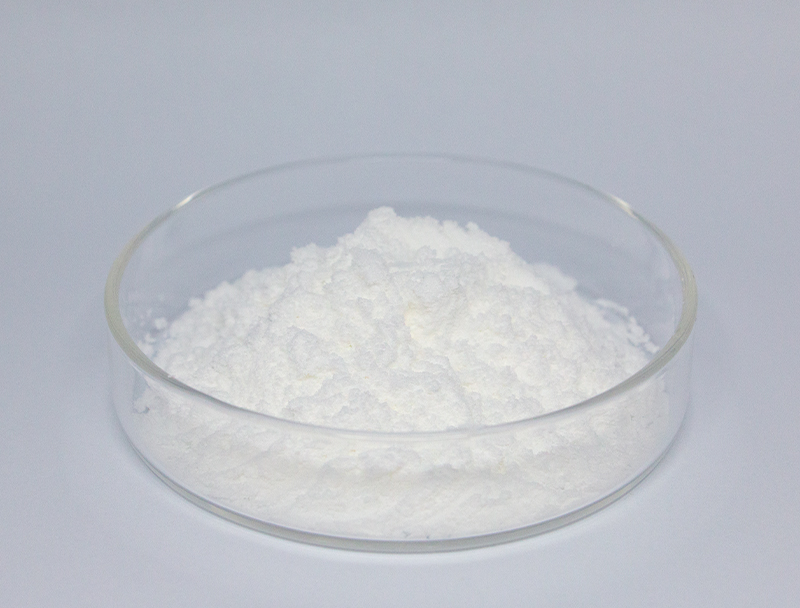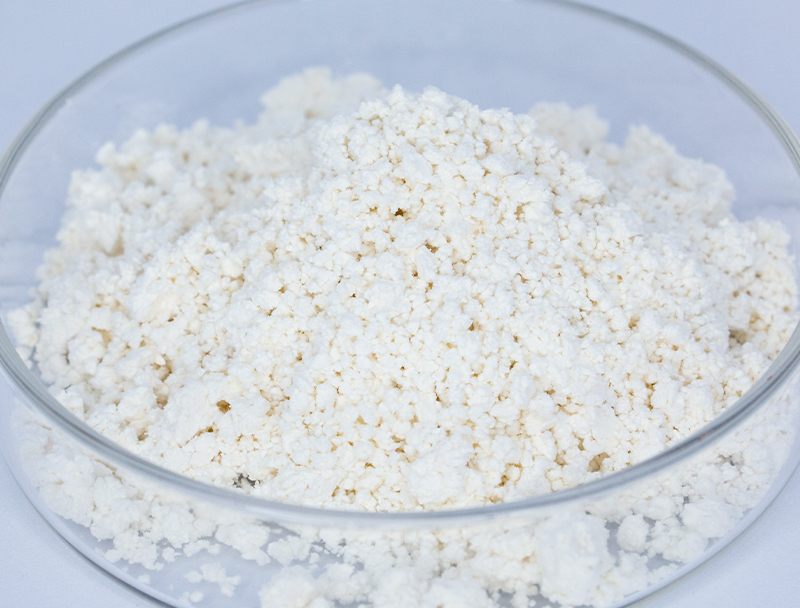
Biomanufacturing relies heavily on a diverse spectrum of input materials to supply inventive bioproducts.
Ensuring durable supply chain sourcing dictates persistent stability and principled industry advancement.
an array of drawbacks from conventional supply chains for instance pollution and systematic depletion of reserves. Accordingly, manufacturers should embrace green sourcing tactics to shrink their ecological impacts.
- Instances of green procurement approaches are:
- Integrating compostable agricultural waste into supply chains
- Deploying circular process designs to reduce discard and boost reuse
- Aligning with domestic providers that adhere to transparent sourcing
Such a move to ethical procurement delivers ecological gains and commercial returns over time.
Optimizing Biomass Feedstocks for Enhanced Biofuel Production
Improving fuel production performance hinges on the attributes of biomass inputs. Technologists actively pursue refinements to increase feedstock efficiency, resulting in superior production volumes and sustainable energy gains. Initiatives integrate bioengineering to scale biomass production and pretreatment workflows to free fermentable sugars.
- Moreover, investigations target novel feedstocks like microalgae, municipal residues, and field residues to widen the pool of renewable biomass for biofuel use.
- Owing to ongoing work the biofuel domain is primed to reach substantial milestones advancing renewable energy adoption.

Next-Generation Upstream Methods in Biopharmaceuticals
involves foundational activities from cultivation to biomass harvest Ongoing innovations have accelerated process enhancement leading to greater yields.
Notable improvements feature new expression systems, refined media recipes, and automated reactor platforms. These changes expand productivity and help reduce both financial and environmental overhead.
- Concurrently, continuous manufacturing approaches bring amplified flexibility and more consistent upstream outcomes.
- The progression to advanced biomanufacturing approaches should modernize the field and quicken therapeutic progress.

Molecular Editing Strategies to Increase Bioproduct Output
refinements in gene-targeting technologies have advanced protein production workflows. By precisely targeting genes within host organisms, researchers can enhance the yield of valuable therapeutic proteins. This route supports the creation of more affordable and productive treatments for multiple disorders.
Microbial Solutions for Greener Bioremediation Practices
innovative solutions for sustainable bioremediation, a critical process for addressing environmental pollution. Various microbial strains are capable of breaking down toxins into safer constituents.. Leveraging microbial biotransformation promotes sustainable remediation that curbs industrial environmental impacts.. Investigators study multiple microbial strains for abilities to transform metals, degrade agrochemicals, and process petroleum wastes.. These microorganisms can be employed in bioreactors or directly at contaminated sites, promoting the breakdown of pollutants through biodegradation processes..
Microbe-based remediation provides compelling advantages over standard remediation methods. This method provides a low-cost, low-waste alternative to conventional remediation. Also, microbial interventions offer targeted remediation that minimizes collateral ecosystem disturbance. Advancements continue apace to increase the speed, efficiency, and applicability of microbial remediation techniques.
Digital Methods Accelerating Pharmaceutical Discovery
Bioinformatic tools play an increasingly crucial role in the modern landscape of drug discovery and development. From identifying potential drug candidates to optimizing their efficacy and safety, bioinformatics enables a more efficient and data-driven approach.
- With analysis of broad omics and clinical datasets, bioinformatic experts identify targets and model drug effects.
- Also, in silico modeling of molecular interactions accelerates optimization toward more selective therapeutics.
- In the end, informatics-driven methods streamline development and accelerate delivery of therapeutic solutions to patients.
Metabolic Engineering Strategies for Enhanced Bioproduct Synthesis
integrates multiple methods to augment cellular production of target bioproducts. Approaches may include genome edits to rewire pathways, transcriptional control to tune expression, and heterologous gene insertion to add functions.. Through careful adjustment of metabolic routes engineers can markedly elevate product titers.
Such holistic engineering could impact many areas including medical therapeutics, agricultural outputs, and biofuel production.

Barriers and Benefits When Expanding Biopharmaceutical Manufacturing
Moving from bench to commercial scale creates complex challenges and valuable opportunities. Retaining quality standards during scale enlargement is a core difficulty. Addressing it demands strong process governance, accurate real-time analytics, and advanced measurement systems.

The multi-faceted nature of production steps adds complexity to scaling efforts. Translating lab methods into scalable operations needs heavy research and technology breakthroughs.. However, the prospective rewards are sizable. Successful industrialization can broaden availability, trim costs, and raise profitability.
Challenges are being addressed through a number of initiatives. Programs comprise advanced optimization systems, real-time process monitoring tools, and innovative production strategies.
- Innovation programs are essential to expand production competencies.
- Regulators are adapting frameworks to speed authorization of novel manufacturing approaches and spur innovation.
Regulatory Considerations to Maintain Biopharmaceutical Safety and Performance
Creating biologic medicines requires strict regulatory controls to maintain both patient safety and therapeutic value. Living-source therapeutics present distinct obstacles in regulation and production relative to classical drugs.
Regulatory authorities including FDA and EMA are central to creating criteria and processes for approving innovative biologics..
Thorough testing frameworks are compulsory during all stages of development including after market release.. These controls function to identify dangers and ensure biopharmaceuticals achieve premier safety standards..
Concurrently, regulatory organizations fine-tune methods to remain compatible with quick scientific advancements. Measures involve adopting innovative technologies and enabling development acceleration without compromising patient welfare.

Plant-Derived Inputs for Next-Gen Bioplastics
Heightened demand for sustainable products accelerates efforts Calcium Propionate to develop renewable material alternatives. Among these, bioplastics, produced from plant-derived biomass feedstocks, offer a promising avenue towards a greener future. Plant inputs like corn-derived starch, cellulose derivatives, and sugarcane can be turned into degradable plastics that lessen environmental burdens.
Furthermore, these bioplastics often possess comparable properties to their petroleum-based counterparts, making them suitable for a wide range of applications.. Continuous R&D will drive plant biomass into scalable bioplastic manufacture and help establish closed-loop material systems.
Biotech Innovations Addressing Health and Food Challenges
Emerging biotechnologies deliver avenues to improve health outcomes and secure food resources. By applying gene editing, synthetic biology constructs, and cellular therapies, scientists create tools to fight disease, raise yields, and boost nutrition.. For instance, genetically modified crops can be engineered to resist pests and environmental stresses, leading to increased agricultural production and reduced reliance on harmful pesticides.. Likewise, biotechnology enables new vaccines, novel therapeutics, and improved diagnostics essential to global disease mitigation and better health.. Looking forward, continued biotech progress promises to deliver therapies and agricultural solutions that support health and sustainability worldwide.
 2-Ketoglutaric acid
2-Ketoglutaric acid